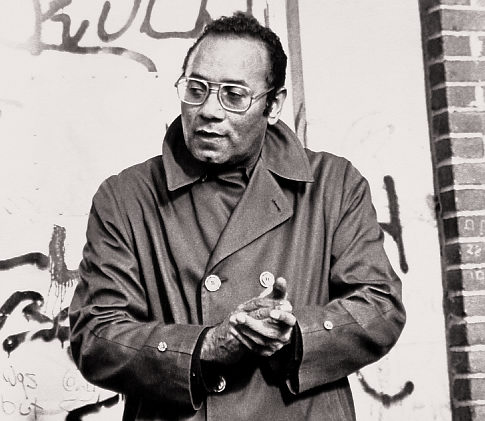Piri Thomas, a Latin American poet and novelist who gave lyrical voice to the “gente” of New York City‘s barrios, has died. He was 83.
A longtime resident of the city, Thomas gained fame for his 1967 best seller, “Down These Mean Streets,” an unvarnished account of racism and economic hardship he experienced while growing up in old Harlem‘s rough-and-tumble blocks.
“I feel a profound loss for my father. And it’s a loss for the community, as well,” said his stepdaughter, Renee Shank, 33. “All of his children are so incredibly proud of the person that he was during his life.”
He was born in Harlem Hospital to a Puerto Rican mother and a Cuban father. He fell in with the wrong crowd and was once arrested for armed robbery. He was sentenced to 15 years, and served seven between Sing Sing and an upstate prison.
But during his incarceration Thomas found his literary voice, a perspective that crystallized in the pages of “Down These Mean Streets,” and another novel, “Seven Long Times.”
He once wrote of his first novel years after its publication: ” ‘Down These Mean Streets’ exploded out of my guts in an outpouring of long-suppressed hurts and angers that had boiled over into an ice-cold rage…. I wrote about the conditions of life in the barrio back then.”
He wrote three novels, many poems, one book of short stories and several plays. He was also influential in the “spoken-word” school of poetry, according to an obituary written by the National Institute for Latino Policy.
“He was about peace and justice,” Shank said. “He was about spreading the word to everyone, and especially to those who grew up in the barrio – that they were beautiful people capable of changing the world, their lives and their situation.”
Thomas spent his later years in California.
He died Monday of complications from pneumonia at his home in El Cerrito, Calif.
He is survived by his wife, the former Suzanne Dod, and six children, including Shank. [Daily News]



